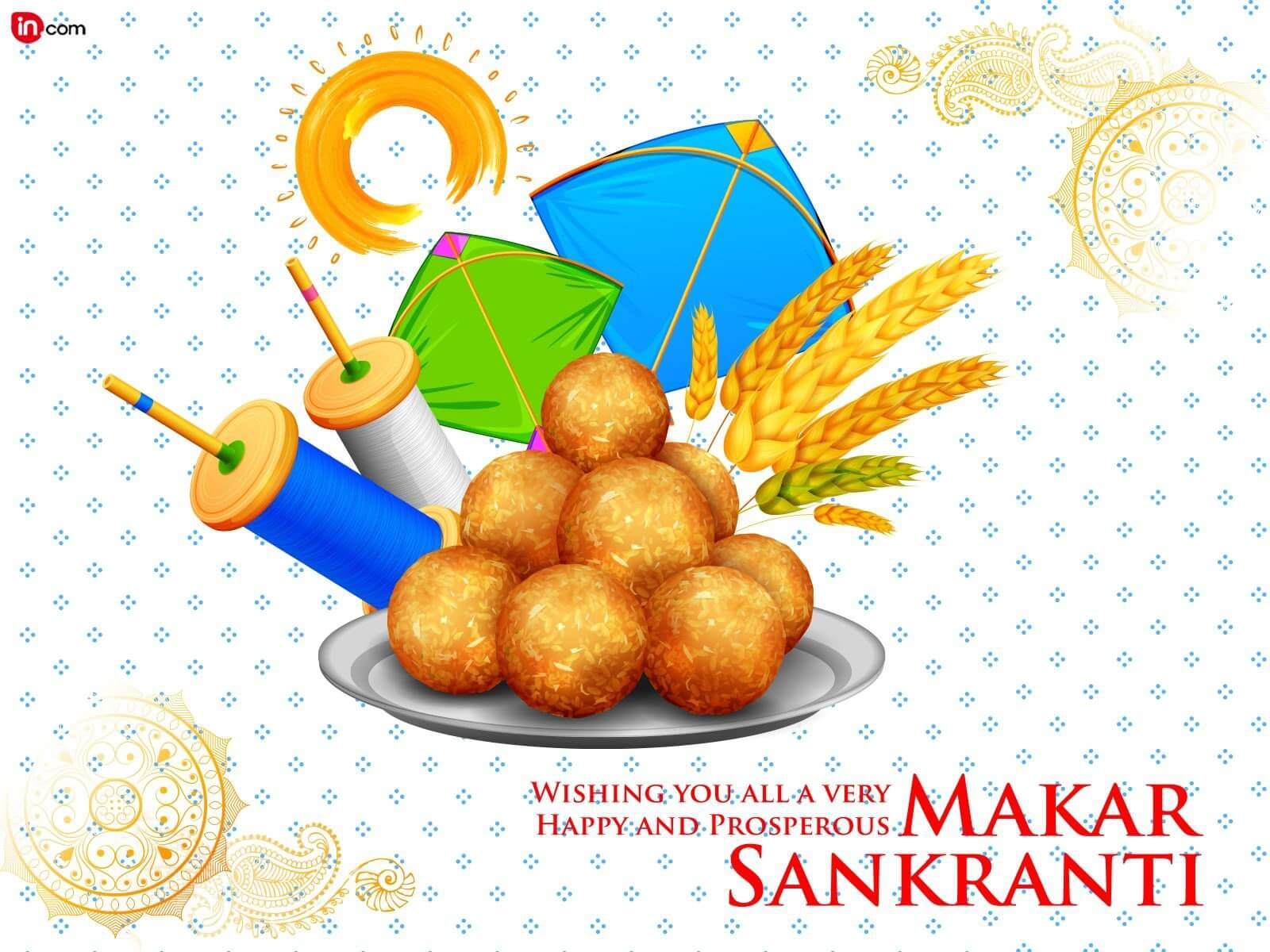Mangalagauri
Mangalagaur,especially,the Pahili (the first) Mangala Gauri celebration, is one of the most important celebrations for the new brides in Maharashtra, India. On the Tuesday of the month of Shravan after her marriage, the new bride performs Shivling puja for the longevity and happy conjugal of her husband and the well being of the new family. Mangala Gauri Puja or Mangal Gowri Vrata is observed on Shravan Mangalvars (Tuesdays during Shravan month). Mangala Gauri Vrat is dedicated to Goddess Mangala Gauri, who is popularly known as Goddess Parvati Devi.

Mangala Gaur is a musical get-together of all family women and friends. It includes dancing, playing games, Ukhane married women take their husband's name poetically and delicious food items. Traditionally the women play Jhimma(clap dance), Fugadi(going round by joining hands), Bhendya(antakshari songs) till the wee hours of the next morning
Mangala Gauri Puja or Manglagaur Vrat, is specially observed by newly married women, for first five years and is celebrated in almost all parts of India.
There is a popular belief that performing Shravan Mangala Gauri Vrata or worshiping Mangala Gauri on Shravan Mangalwar gives a woman a prosperous married life and happiness in every aspect of her life. They will be blessed with wealth, good children and happy family.
On the day of Mangal Gauri Vrat, the brides sanctify puja rooms and a Gouri Devi idol is made with a coconut, decorated with bangles, silk saree, gold or silver ornaments by applying Kumkum [Vermillion] and turmeric. This is called ' Mangala Gauri Alankar '. On Tuesday morning, the idol or picture of the Devi Mangala Gauri is placed on a small wooden platform wrapped in a red cloth. A lamp consisting of 16 thick cotton wicks made of wheat flour (atta) is lit with ghee and the devotees meditate by reciting the following mantra:-
Kungkumaaguru liptaangaa
Sarva avaran bhooshitam.
Neelakanthapryaam Gaureem
Vandeham Mangalaahavayaam
Once through with the meditation (Dhyan), Devi Mangala Gauri is worshipped by performing a pooja with Shodoroshopochar rituals.
Various items (as mentioned below) are offered to the Goddess:
Sixteen garlands, sixteen laddus, sixteen different types of fruits, five types of dry fruits for sixteen times, seven types of cereals sixteen times, jeera sixteen times, coriander sixteen times, sixteen leaves of betel, sixteen betel nuts, sixteen cloves, sixteen cardamoms, casket full of various items of cosmetics including sari and sixteen bangles should be offered to the Goddess. It is to be noted that the number sixteen is of prime importance in this pooja.
After completing the rites and rituals, the devotees read / listen to the story behind the Mangala Gauri Vrata.
As the story goes: Long time ago, a merchant named Dharampal lived in a city. He had a very beautiful wife and sufficient wealth. But, they were not at all happy as they had no children. However, by the grace of God they obtained a son who was unfortunately short lived (Alpayu) as he was cursed of death by snake bite at the age of sixteen. But fortunately, he was married before he achieved that age (sixteen) with a girl whose mother observed the Mangala Gauri Vrat. As a result, she was blessed with a daughter who would never face widowhood. So, Dharampal?s son achieved a life span of hundred years. Thus, all the newly married women should perform this pujan and observe this vrat for long, consistent and happy conjugal life. Those who cannot observe fast should at least perform the pooja.
After hearing the above sacred tale, the married women offer 16 laddus to their mother-in-law and sister-in-laws. Thereafter, they offer the same Prasada to a Brahmin. After completing this ritual, devotees perform Nirajan (aarti) of the 16 wick lamps before the Goddess. The Arati is 'Jai Devi Mangala Gauri'.
The next day i.e. on Wednesday, the idol of Devi Mangala Gauri is immersed in a pond or lake. This poojan and vrat is performed for five consecutive years for happiness of the family.



Comments
Post a Comment